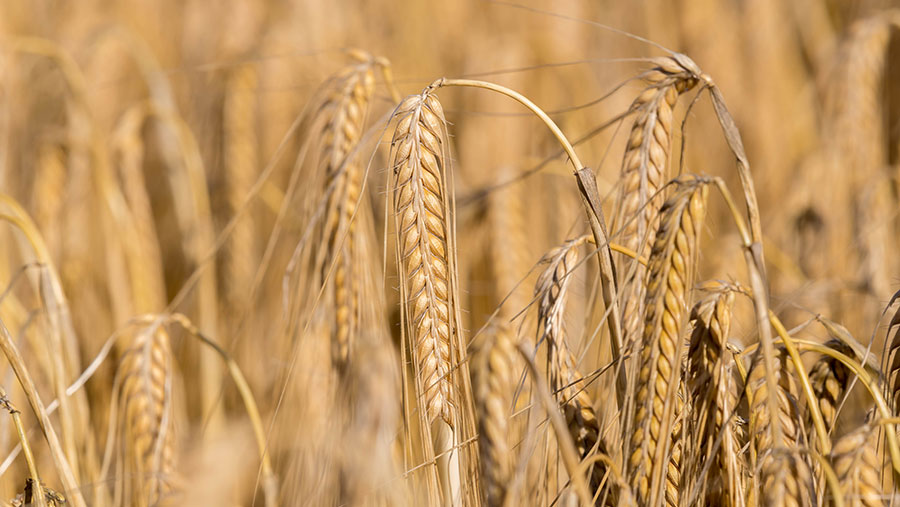Higher crop yields defy significant drop in fertiliser use
 © Tim Scrivener
© Tim Scrivener A sharp fall in artificial fertiliser use on British farms in 2022 had little impact on crop yields, suggesting farmers could benefit from a permanent reduction in ammonium nitrate (AN) applications.
That claim is made by the Nature Friendly Farming Network (NFFN), which notes that the high cost of fertilisers due to the war in Ukraine – with prices averaging £766/t in 2022 – prompted a 20% fall in usage for five key arable crops.
But yield data suggests this had little impact on crop output.
See also: CF Fertilisers UK plans to close ammonia plant at Billingham
According to Defra figures, oilseed rape yields were actually up by 6.5% in 2022, while the “crucial” winter wheat crop saw a 7% increase.
Overall, crop yields, excluding potatoes, were up by an average of 2.4%.
“With yields up and fertiliser usage down, it appears that it could be possible to reduce fertiliser usage without reducing food production in the UK,” said a NFFN statement.
‘Unsurprising’
Network chairman Martin Lines said this was not entirely surprising.
“We know that a lot of fertiliser applied to fields in the UK is not taken up by the crop, and instead gets washed into rivers and streams,” he said.
“Price rises in 2022 were a real shock for many farmers, but one upside could hopefully be a permanent reduction in fertiliser use.”
Mr Lines pointed to a number of farmers who have already adopted “nature-friendly” farming practices to reduce their use of inorganic fertiliser.
Arable farmer David Lord, from Earl’s Hall Farm, near Clacton-on-Sea, Essex, for example, has switched to direct-drilling and a more diverse crop rotation, helping to reduce AN use by 30% over the past decade.
Static yields and reduced fuel use has contributed to a growth in profits and improved soil health, said Mr Lord.
“This is better for my business, financially and environmentally.”

